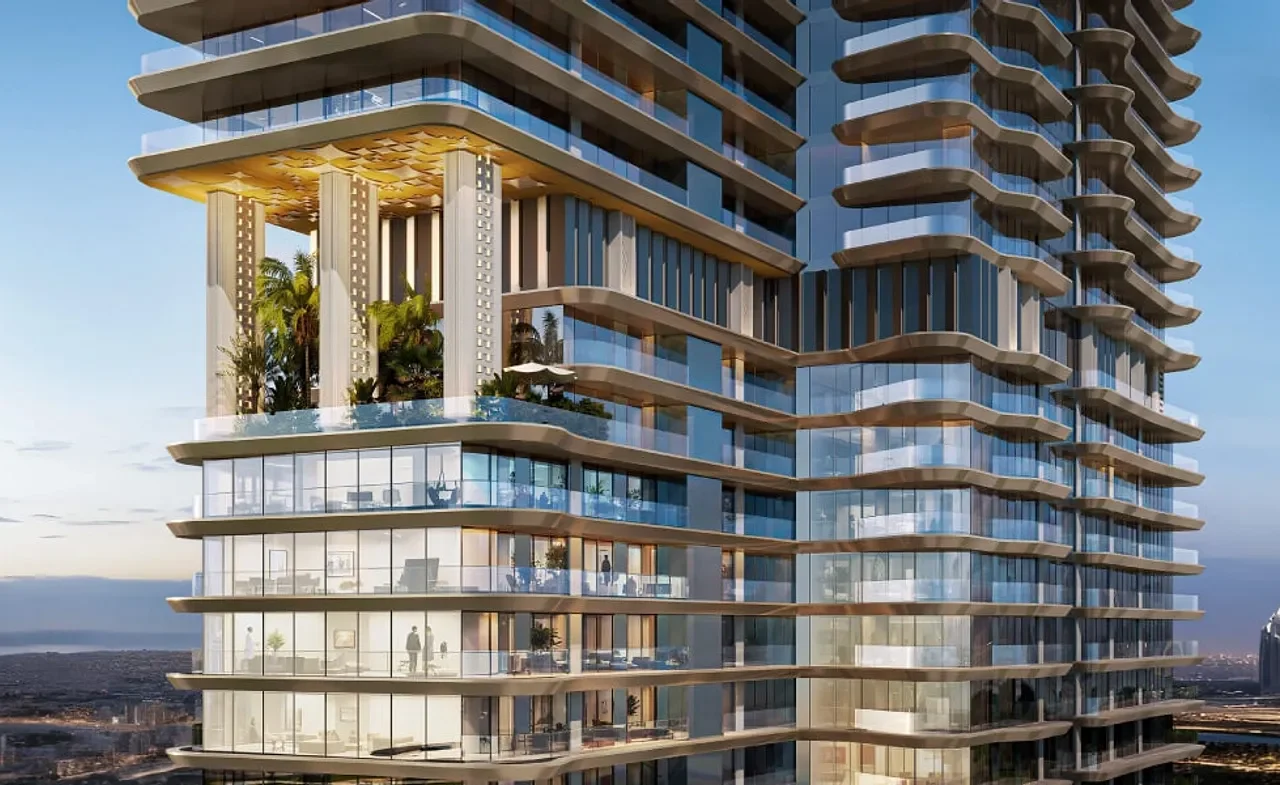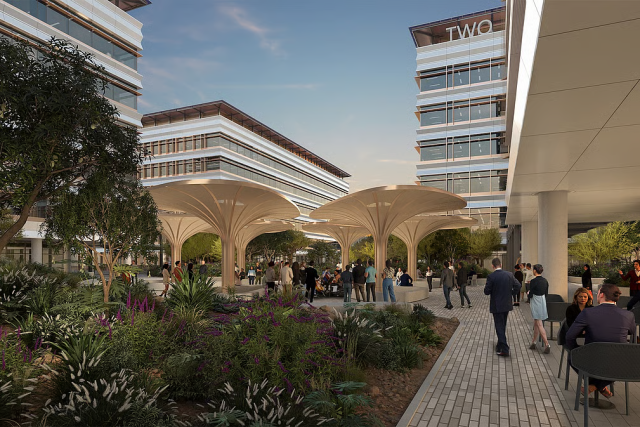
Dubai’s real estate boom may be taking a breather. Fitch Ratings forecasts that residential property values could dip by as much as 15% in the second half of 2025 and into 2026—marking a shift from the 60% surge recorded since 2022.
🔥 What’s Fueling the Rapid Rise?
- 🌍 Post‑pandemic surge: Buyer enthusiasm has driven a ~60% increase in residential prices since 2022, supported by robust infrastructure investments, investor-friendly tax rules, and liberal visas .
- 🏘 Transaction growth: In 2024 alone, real estate transactions tallied AED 761 billion (~$207 billion), underscoring the sector’s dominance in Dubai’s economy .
🏗️ What’s Behind the Imminent Price Dip?
Fitch highlights major oversupply risks:
- Record new supply: Around 250,000 new residential units are set for delivery between 2023–2026, with 120,000 units expected in 2026—roughly four times the 2024 handover volume .
- Supply surge vs population: With annual property deliveries set to rise ~16% from 2025–2027—outpacing estimated 5% yearly population growth—imbalance is building .
- Rental yield softening: Rental yields have eased about 30 basis points to ~7.4%, signaling a cooling trend .
📊 Why 15% Is the Maximum Fall
Fitch’s base-case predicts up to a 15% drop, not more, due to several balancing factors:
- 🏗️ Project delays: Lags in completion may slow delivery velocity, easing downward price pressure .
- 🏢 Banks and developers are in healthier condition—loan exposure dropped from 20% to 14%, and corporate real estate lending declined by AED 66 billion—indicating improved resilience .
- 🌟 Prime-area resilience: Luxury projects in places like Palm Jumeirah and Downtown will likely stay firm as these attract long-term investors .
🕰️ Timing of the Price Shift
- Late 2025: As the peak delivery years kick in, prices may begin to soften.
- 2026–2027: The market should balance out as absorption catches up with supply.
🏦 What This Means for Stakeholders
🔸 Homebuyers & Investors
- Bargaining power increases: If you’ve been waiting to buy, a correction may bring price relief.
- Flexible payment options: Developers may shift from 70% to 50% down-payment plans to attract buyers .
- Location matters: Mid-range offerings may underperform, but prime properties could remain strong.
🔸 Developers & Bankers
- Financial buffers in place: Both sectors appear capable of withstanding the dip without major stress .
- Strategic adjustments: Expect changes in payment structures and staging to manage liquidity.
⚠️ Watch-Outs
- An oversupply, especially in apartment-heavy areas, could push prices further down, particularly in sub-markets .
- Despite the correction, this isn’t expected to be a repeat of the 2009 crash behind-the-scenes—Dubai now has stronger regulatory safeguards.
- Recent data confirms this: January 2025 saw a 0.57% drop in average property prices—the first decline since mid‑2022 .
🌍 Broader Context
- Dubai continues to evolve—but the surge is giving way to stable growth.
- Nearby emirates like Abu Dhabi offer alternative options: more space, often at lower costs, albeit without Dubai’s glitz .
- Improved connectivity via projects like Etihad Rail may help steer demand to under-served areas
📌 Summary Table
| Stakeholder | Opportunity | Risk/Watchpoint |
|---|---|---|
| Buyers | Cheaper entry, better terms | Mid-range units may face deeper discounts |
| Developers | Incentivize sales with flexible payments | Inventory buildup ahead; may need pricing incentives |
| Investors | Potential for yield reversion post-adjustment | Secondary market demand must stay active |
| Financial Sector | Resilient thanks to improved underwriting | Requires vigilance if prices drop sharply |
✍️ Final Thoughts
Dubai’s real estate market is entering a healthy cooldown, not a crash. A moderate 10–15% correction is expected—driven by record new supply—but underpinned by strong fundamentals, regulatory safeguards, and continued investor interest in prime assets.
- If you’re looking to buy, now may be the right time to capitalize on softer pricing and better payment structures.
- If you’re a developer, expect tougher competition—adapt via flexible models and focus on differentiated properties.
- If you’re an investor, the price dip could offer a launchpad for future gains.
Dubai’s real estate landscape is maturing. As supply catches up, growth may slow—but the foundation remains firm. Flexibility, location, and timing will be key for anyone involved in this next phase.





Leave a Reply